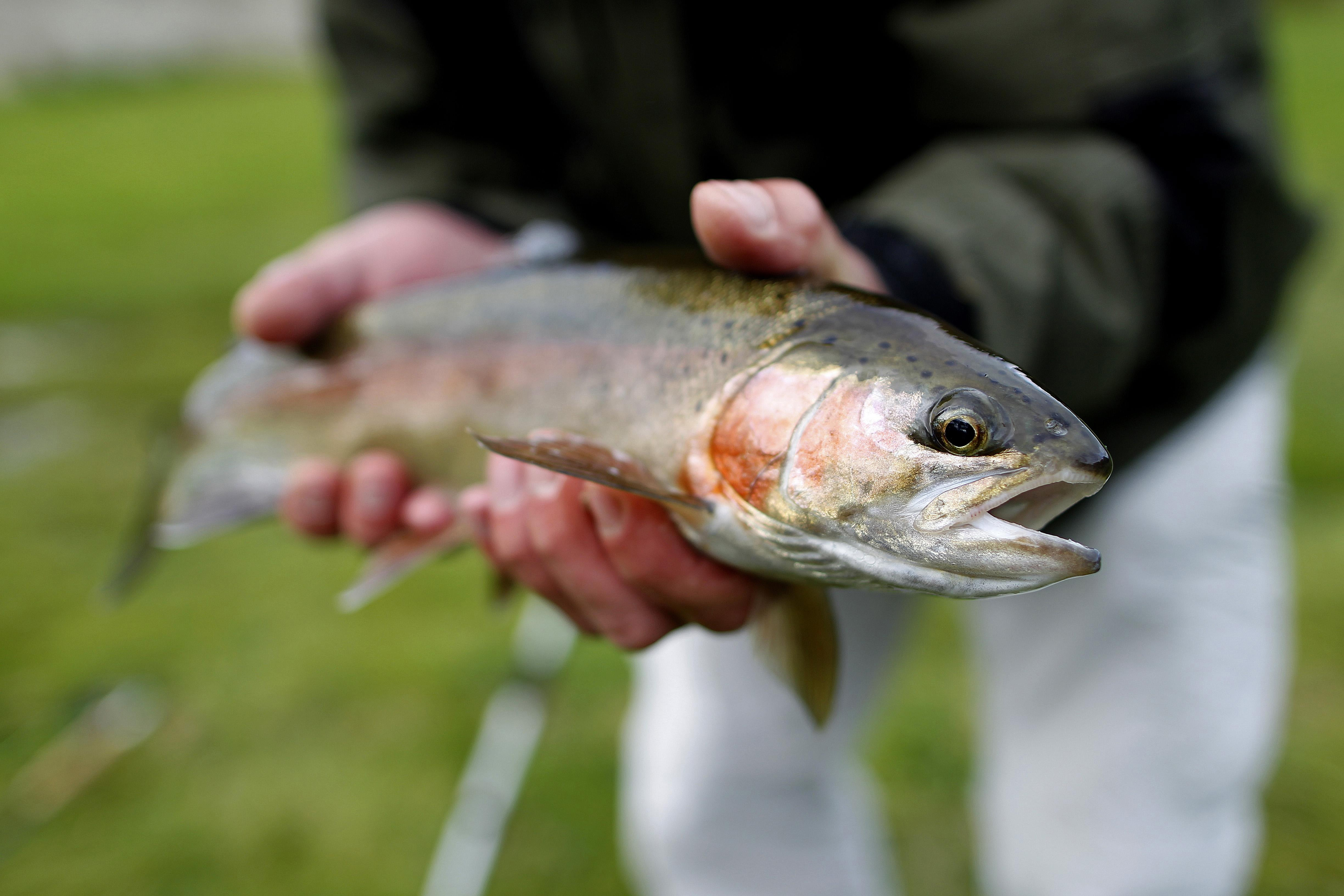Oily fish off menu for heart cases
Heart attack victims may no longer be advised to eat oily fish to prevent them from having another heart attack.
New draft guidance from the National Institute for Health and Care Excellence (Nice) suggests that the impact an oily fish diet may have on preventing further heart attacks or strokes “could be minimal”.
Victims are advised to eat two or three portions of oily fish, such as herring mackerel and sardines, every week.
But if the guidance comes into force they will no longer be told to eat oily fish or to take omega-3 fatty acid capsules or omega-3 fatty acid food supplements for the prevention of further heart attacks.
The new draft guidance, which is now open to consultation, does advise sufferers to eat a Mediterranean diet – including more bread, fruit, vegetables and fish, less meat and to replace butter and cheese with products based on plant oils.
A Nice spokesman said: “New evidence shows that the risk of further cardiovascular events such as heart attacks or strokes, is very different today because of the new treatments that are now available.
“This means that any impact an oily fish diet may have on preventing further heart attacks or strokes could be minimal. The draft guideline does, however, continue to recommend that people who have had a heart attack eat a Mediterranean-style diet.”
The new draft guidance also attempts to ensure that more patients take up cardiac rehabilitation programmes after a heart attack.
The British Heart Foundation (BHF) says that there are around 103,000 heart attacks in the UK each year.
Nice estimates that there are around one million men and half a million women in the UK who have suffered from a heart attack.
Professor Mark Baker, director of the Centre for Clinical Practice at Nice, said: “Despite the improvements in the number of people surviving a heart attack, heart disease remains the UK’s biggest killer, causing more than 80,000 deaths each year.
“It also causes ongoing health problems for many thousands of others. People who have had a heart attack have a greatly increased risk of another. This updated draft guideline takes on board the latest evidence on the best ways to prevent further heart attacks or strokes in people who have already suffered a heart attack. Its aim is to provide the growing number of people who now survive a heart attack with the good quality, systematic care that is essential to improving long term outcomes and quality of life.”
Dr Mike Knapton, associate medical director at the BHF, added: “It has been six years since the last heart attack guidelines were published and treatment of the heart attacks has changed substantially.
“Stents are now the preferred treatment option and all patients should be offered cardiac rehabilitation afterwards. It’s great news that Nice has recognised this and is updating the guidance in the light of new evidence.
“It’s one thing to save a life, it’s another thing giving patients a life worth saving. Only 44% of eligible patients currently receive cardiac rehabilitation, despite the evidence demonstrating it can reduce premature death.
“Interestingly, oily fish is no longer on the menu for those who have had a heart attack, but the benefits of a Mediterranean diet are helpfully emphasised in the guidance.
“It now remains to be seen how quickly the NHS can implement the guidelines.”
The Press Association
Latest posts by The Press Association (see all)
- 6 mind sports to exercise your brain and keep you sharp - December 20, 2024
- Quiz: What classic Christmas food or drink are you? - December 20, 2024
- Leftover turkey and watercress pie - December 20, 2024
- Catherine and William choose family shot for Christmas card photograph - December 19, 2024
- The best books to watch out for in 2025 - December 17, 2024




















